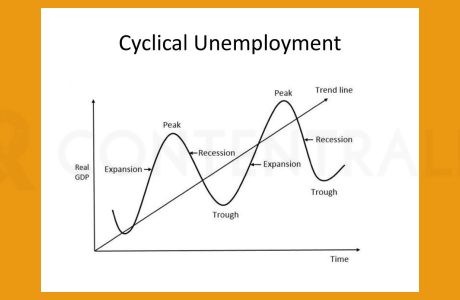The second career program is an initiative to help unemployed individuals to get back on track to take on a profession of their choice. This program is rightly named as the second career as it offers an opportunity to support unemployed citizens but is willing to bounce back with cutting-edge knowledge.
The second career programs are worth it because they allow individuals with long career breaks to earn a qualification that can lead to employment. When you plan to select the second career option, these Canada-based education programs are good options for you.
Advantages Of Having Second Career Program

The second career program is a great chance to enhance employability by offering relevant qualifications to make them employment-ready.
The government of Ontario province in Canada initiates these programs with a unique scheme that can support the unemployed people to get back to their feet.
In this scheme, the eligible candidates can receive up to $28,000 tuition, books, transport, and living expenses. The amount is transferred after individually evaluating the aspect separately.
However, you can also become eligible to get extra if you have a disability, and separate fundings can be provided for training if possible.
Canada Is A Perfect Place For Pursuing Second Career Program
Canada is considered to be a good place for international students because of the high-quality education and top international ranking universities and colleges. Getting an opportunity to pursue a second career program can enhance your learning experience.
Seeking a second career program from the best Canadian institution can open doors for various lucrative career opportunities even after being unemployed for a while. The graduates can work in Canada, earning a unique professional experience that adds value to their careers.
Different Second Career Courses Options
Through a second career program, an individual can apply for a range of professional courses that are high in demand. The focus remains on developing relevant skills to improve career prospects in your preferred industry during the valuable academic program.
Second career-approved programs also provide specific technical expertise in the industrially pertinent domain requiring cutting-edge technical knowledge.
The most popular second career courses offered in Canada are the following programs:
- Diploma in Digital Marketing specialist Co-op
- Diploma in Data Analytics Co-op
- Diploma in Cyber Security Specialist Co-op
These are also some of the most sought-after courses by individuals aspiring to enter fields of business with the cutting-edge knowledge and skills of their choice of department.
Thus, when you opt for a second career program, you can get a chance to study the most in-demand courses, which have a broader career scope. Hence, second career programs are worth investing your valuable time and effort in.
Career Opportunities After The Second Career Program
Enrolling in a second career program can also help you build a professional network that can help you in your career advancements. This is an additional advantage of pursuing a second career program because you can get the chance to interact and connect with professionals.
However, this course has numerous benefits as the long break requires additional support to get back on track.
After successful completion of the course, the graduates can take on job positions relevant to their qualifications. Depending upon your selection of course or domain, you can apply for jobs that can pay you a decent salary.
However, with industry experience, the opportunities to grow in the field are limitless. The time to opt for a second career course is now. Log on to our website and learn more about the valuable second career program!
Conclusion:
The second career programs are pretty useful when you want to find a second career. Most of the new generation professionals are always in search of a second career of income. Through these courses, you can get your desired income sources. Not only that, these professional courses are going to improve your skillset. And through the new skill set, you can easily find the following career options. What is your planning?? How are you planning to shape your future? Do not forget to share your experiences in the comment sections.
Read Also:























